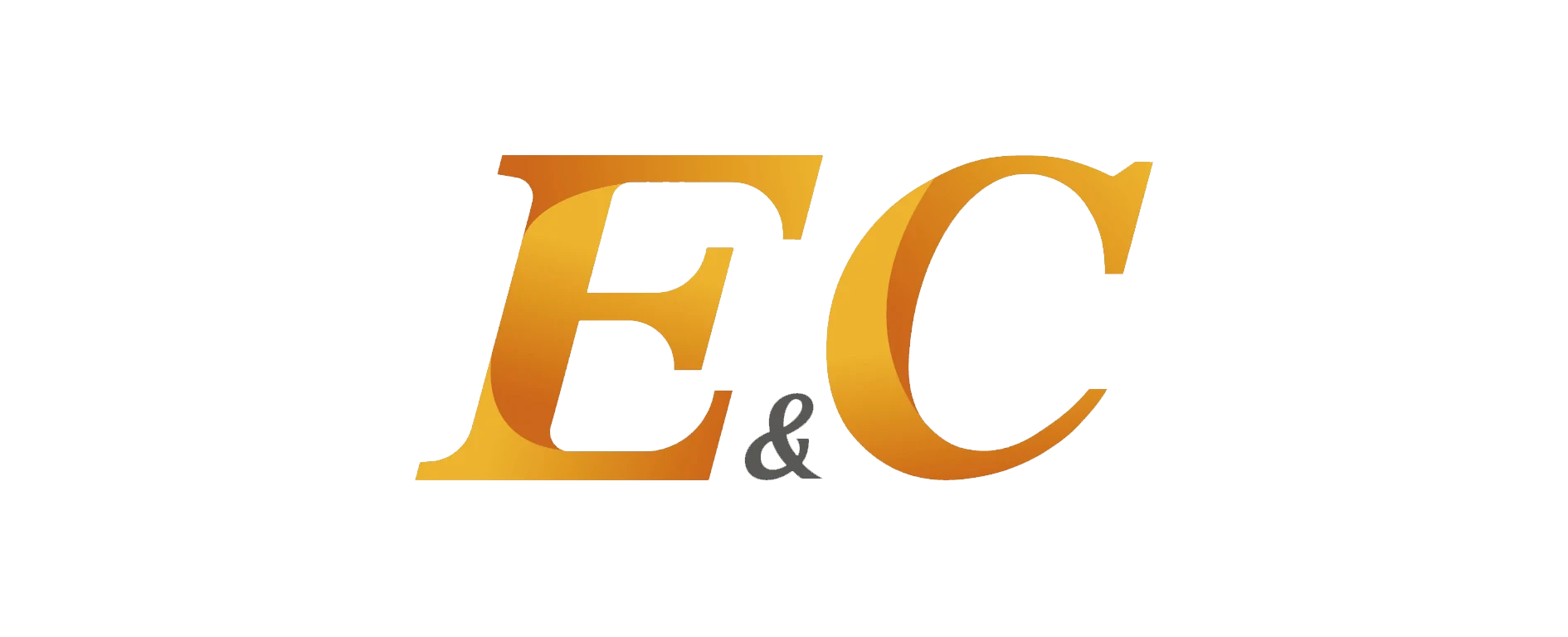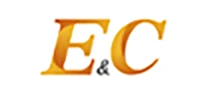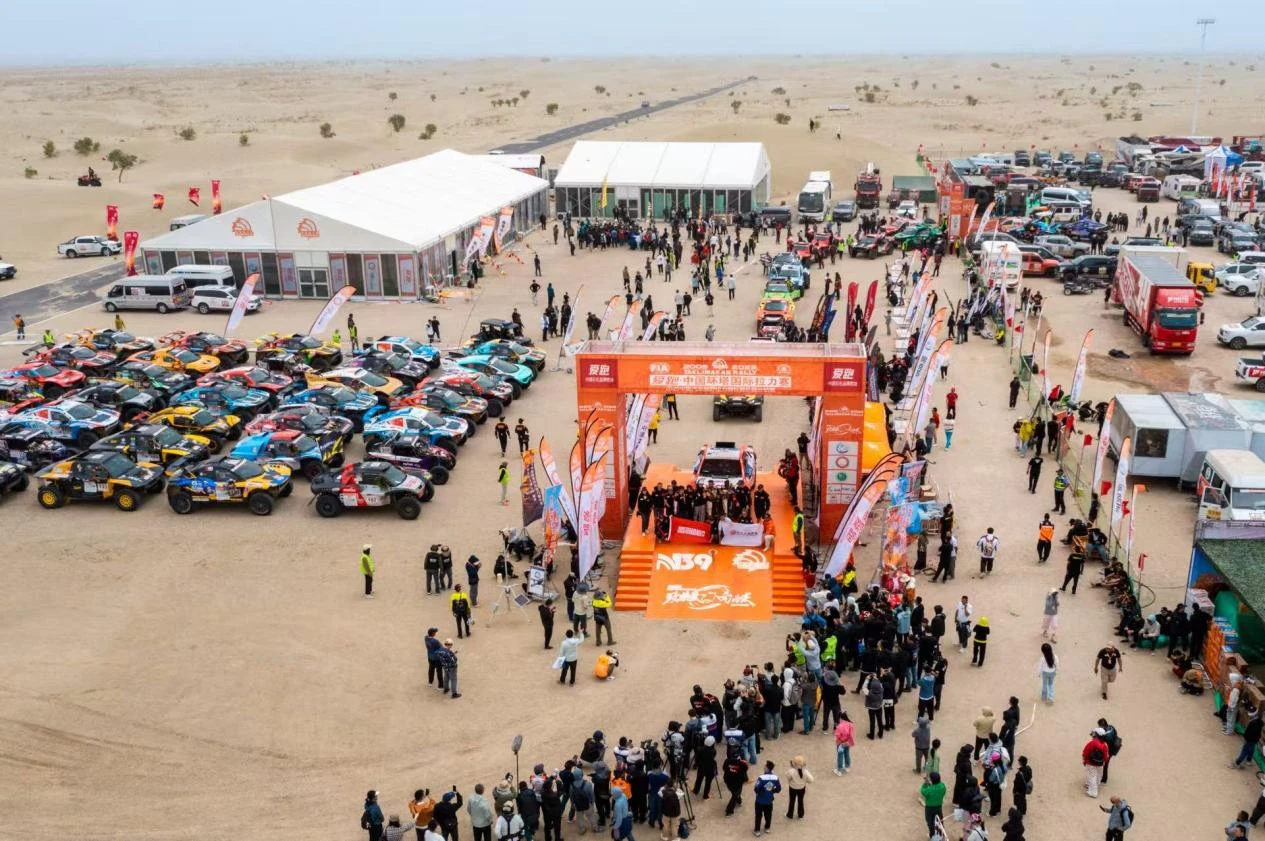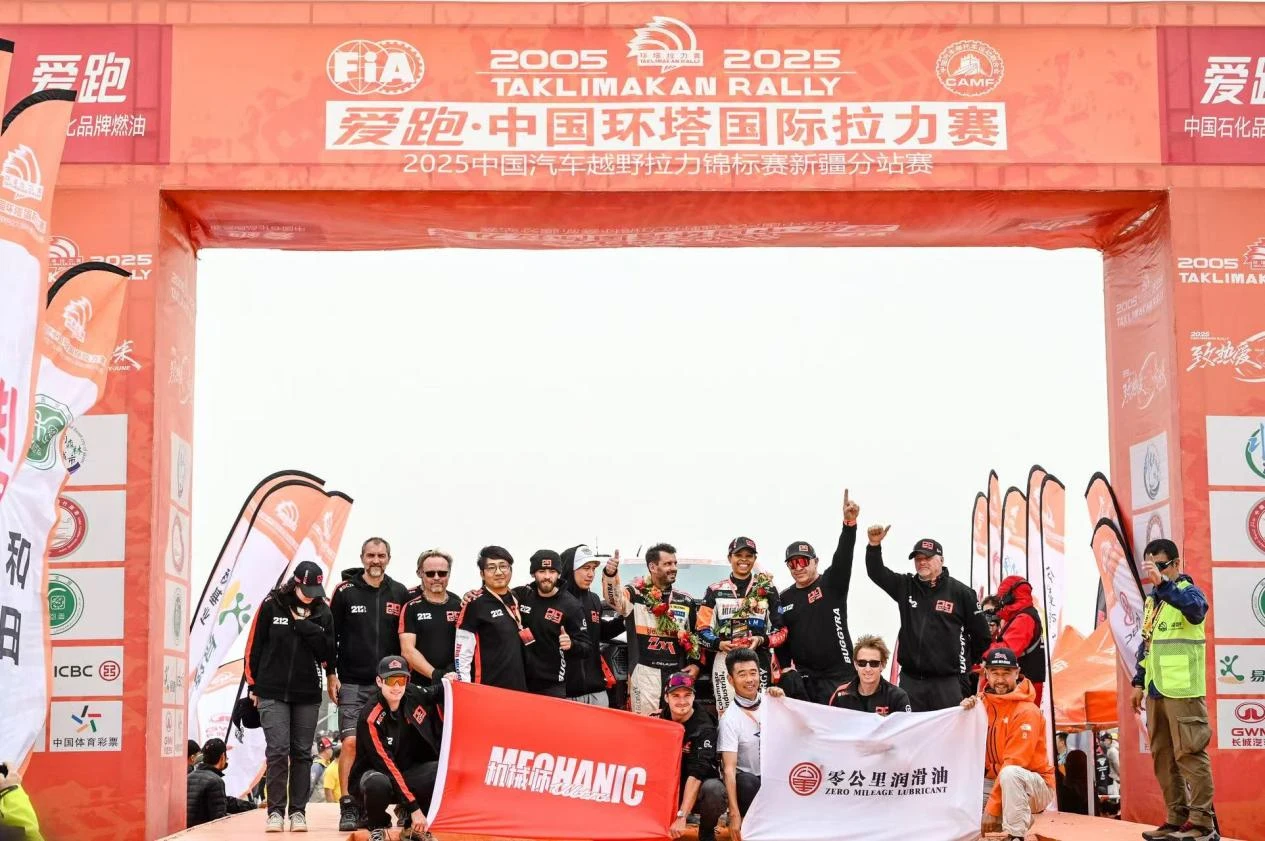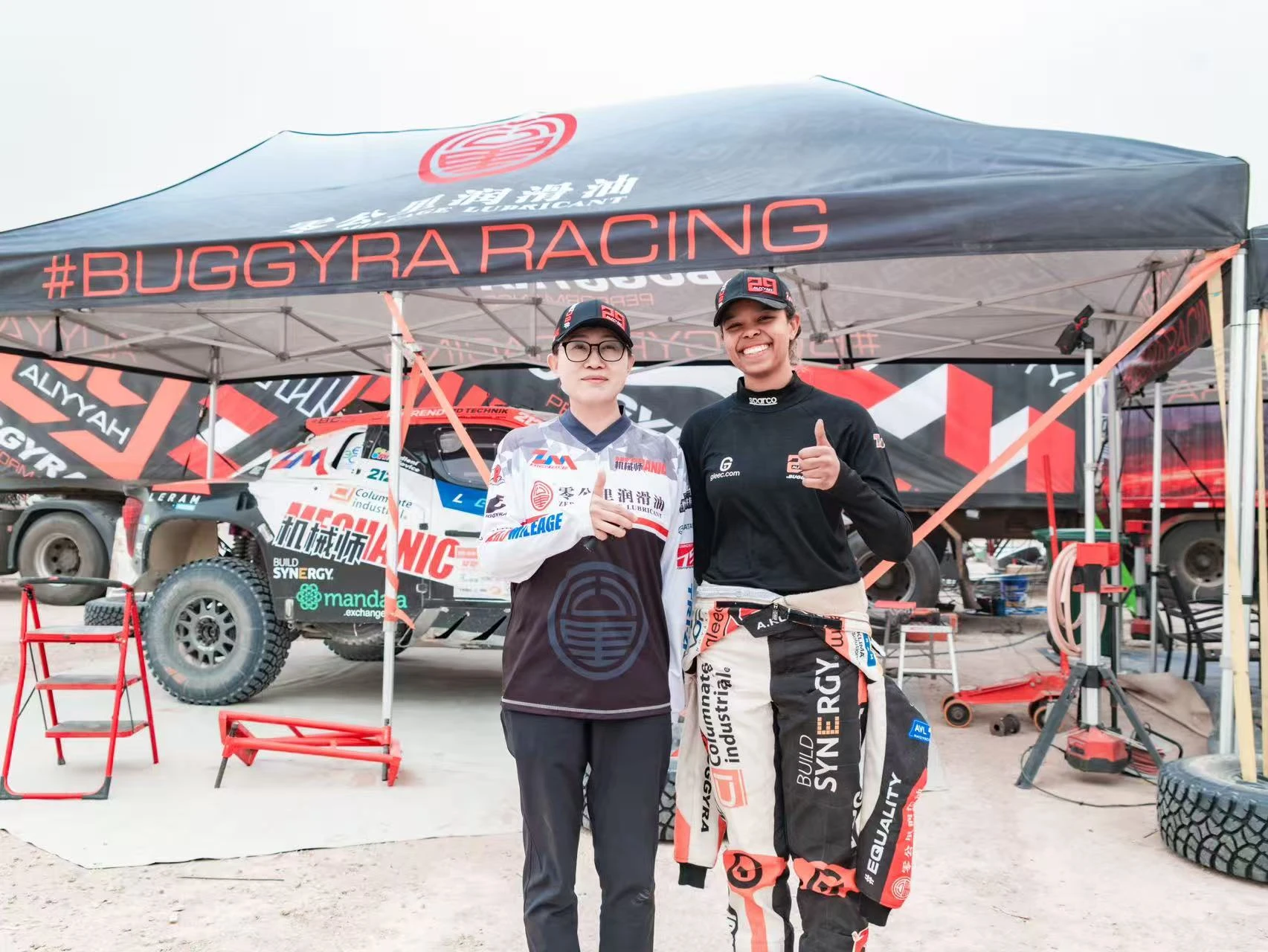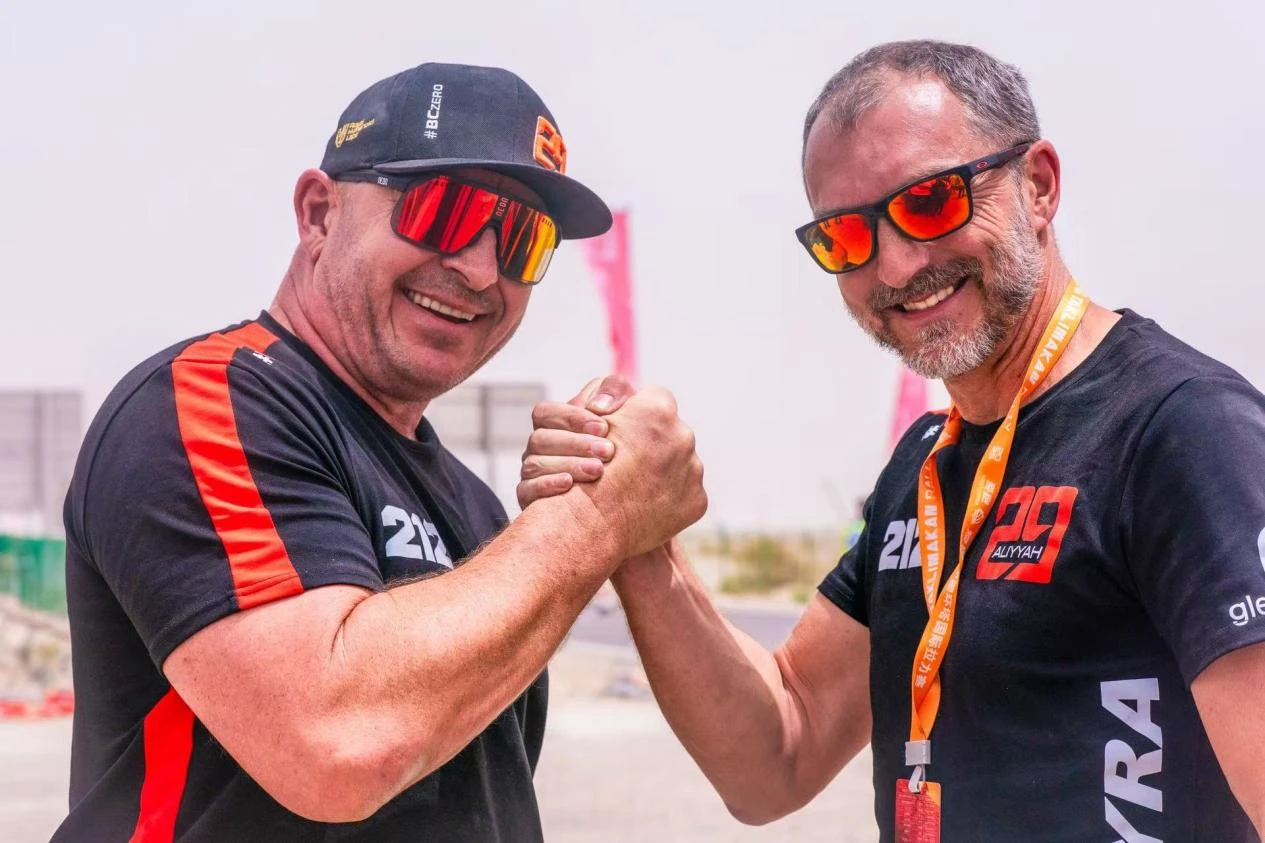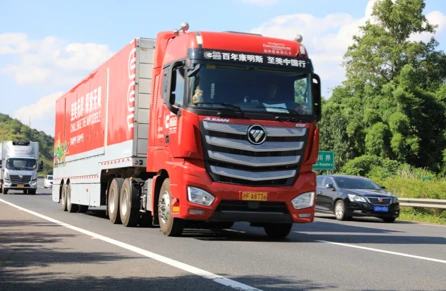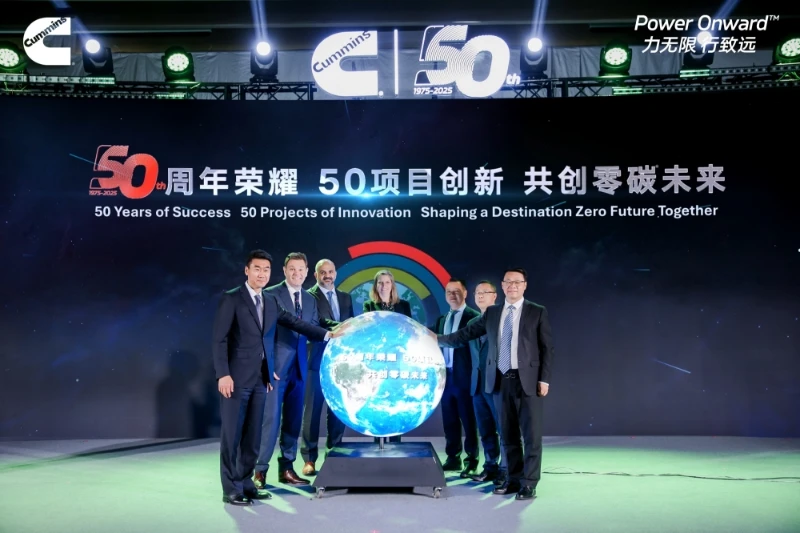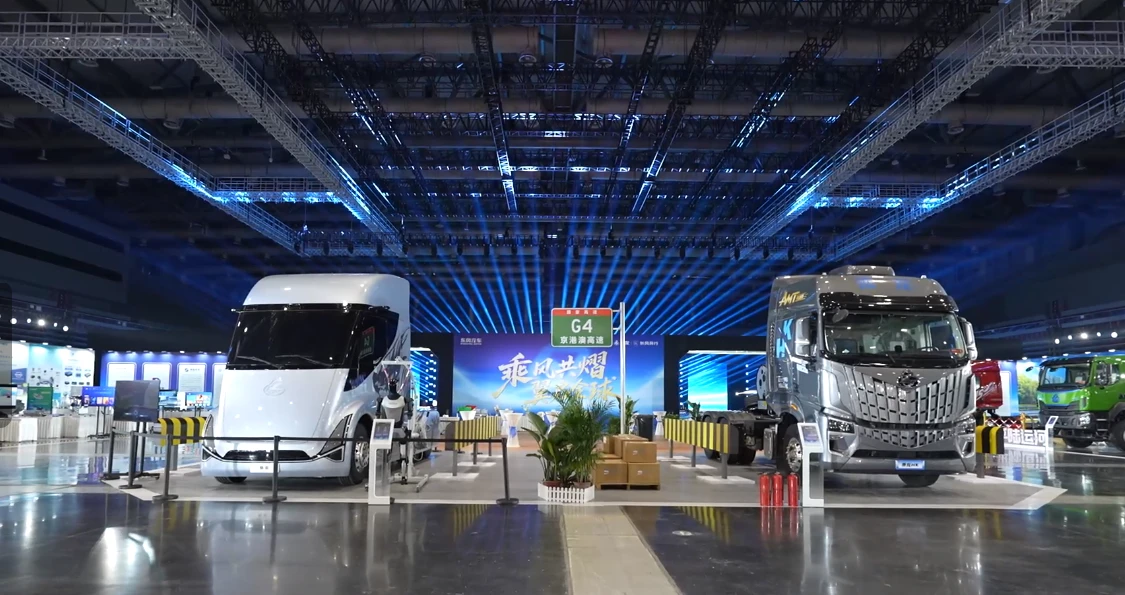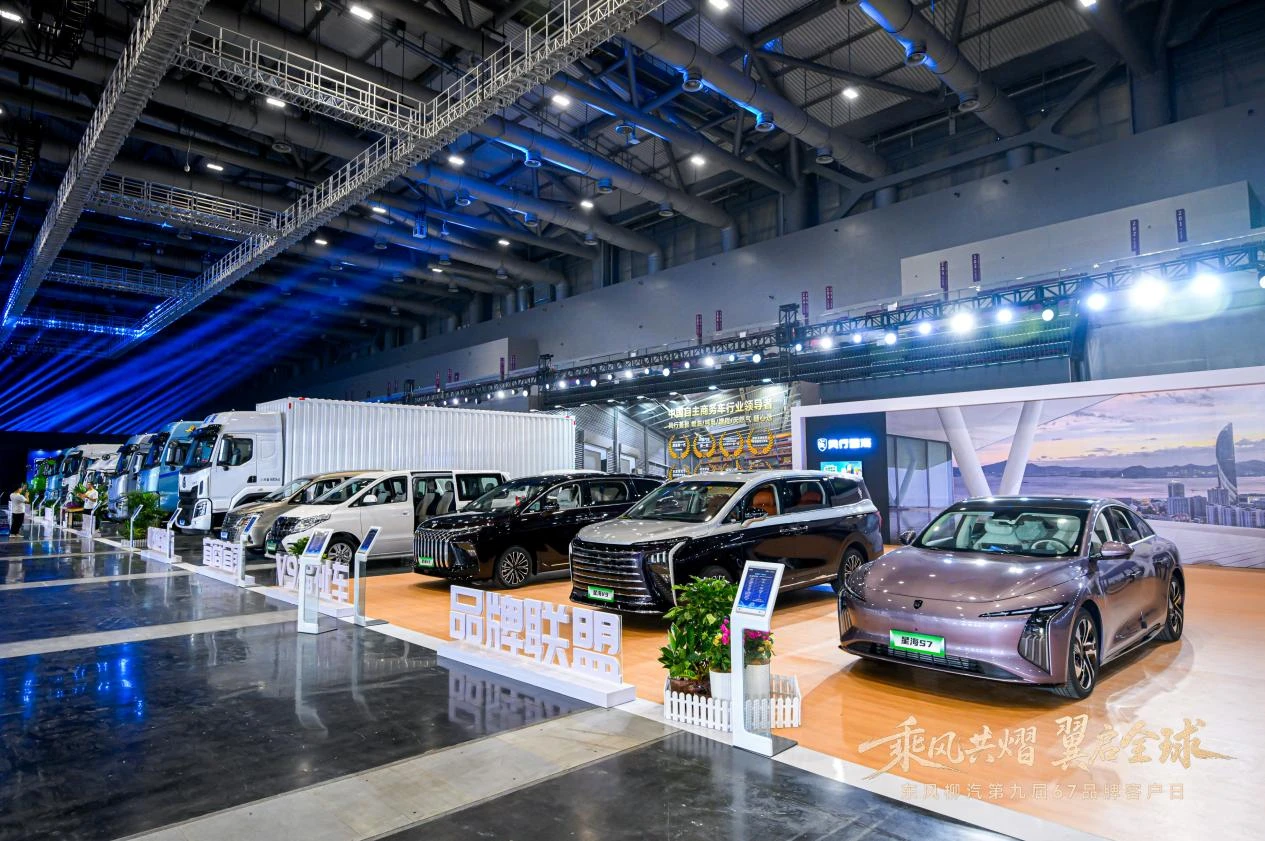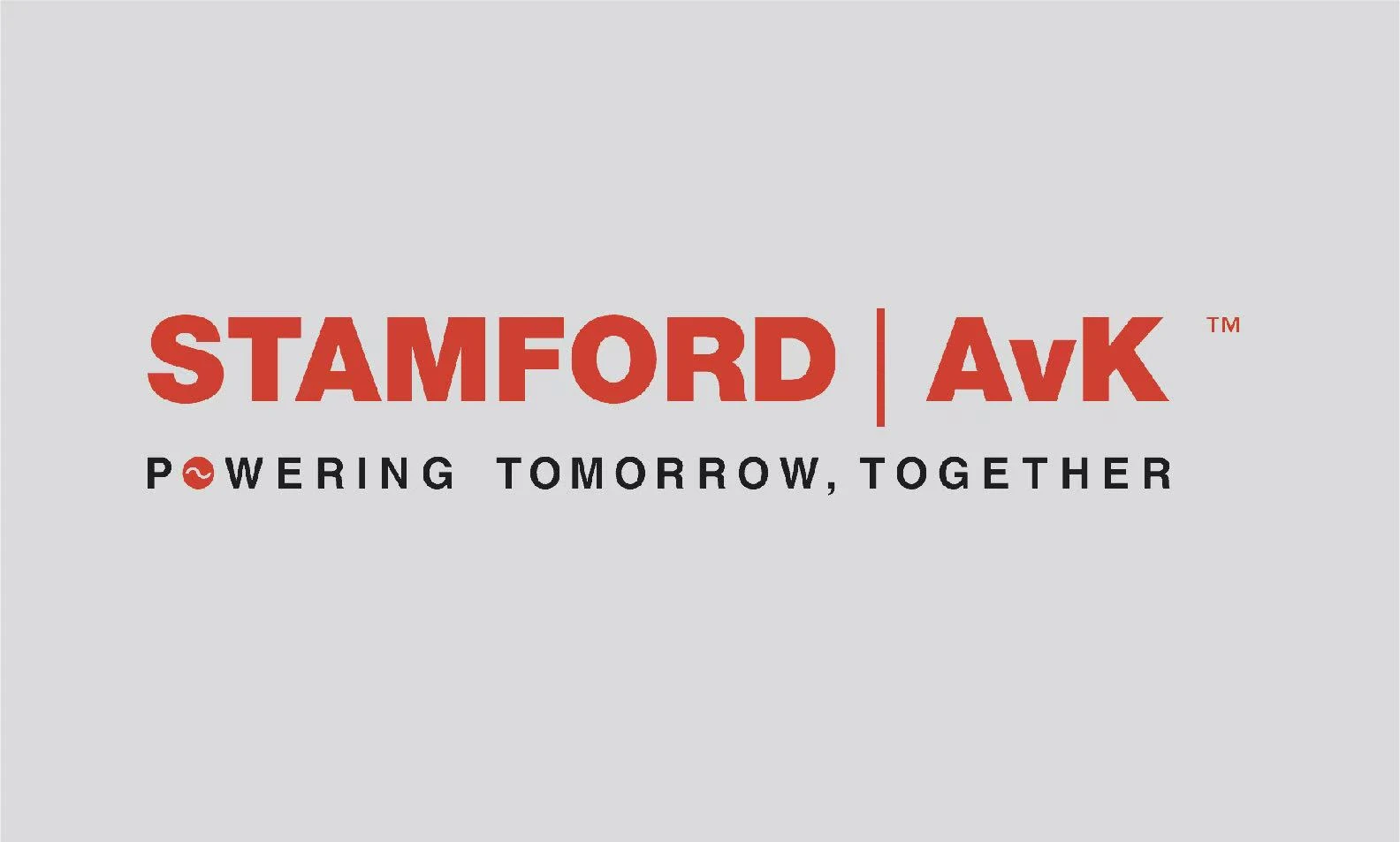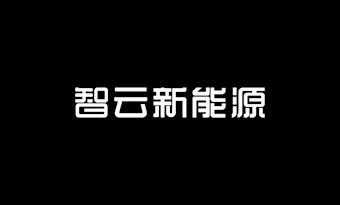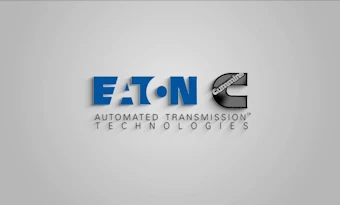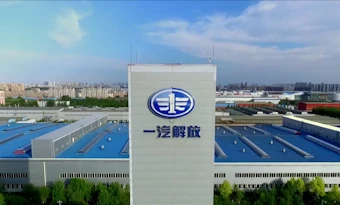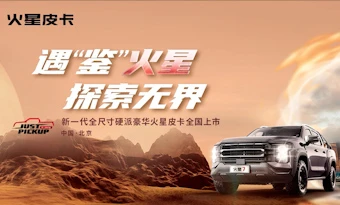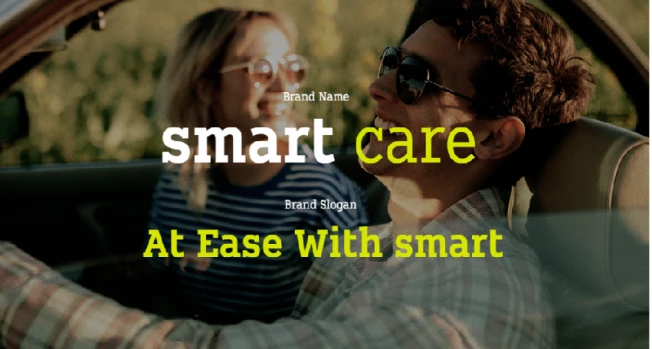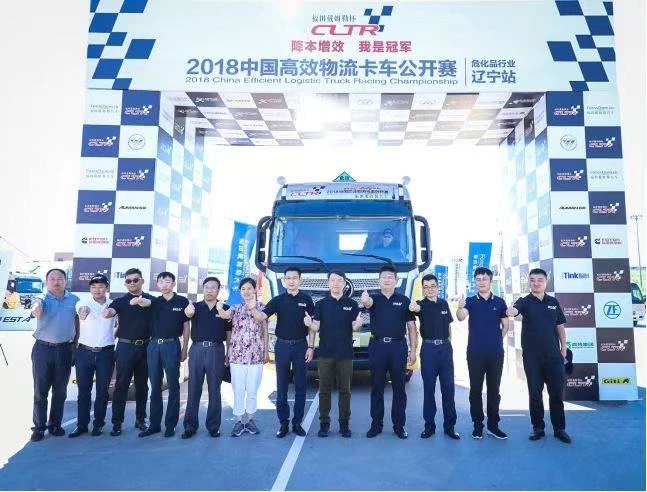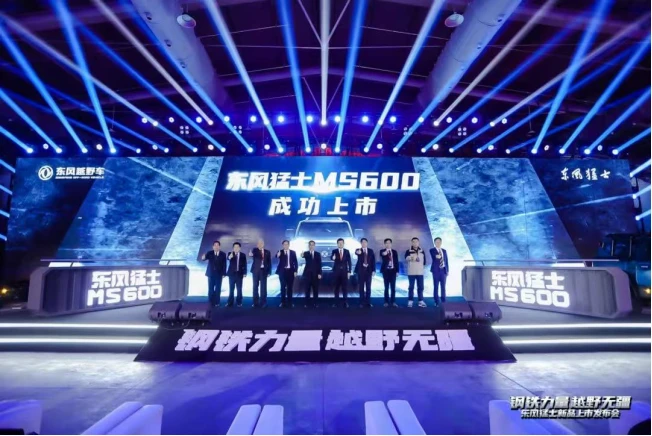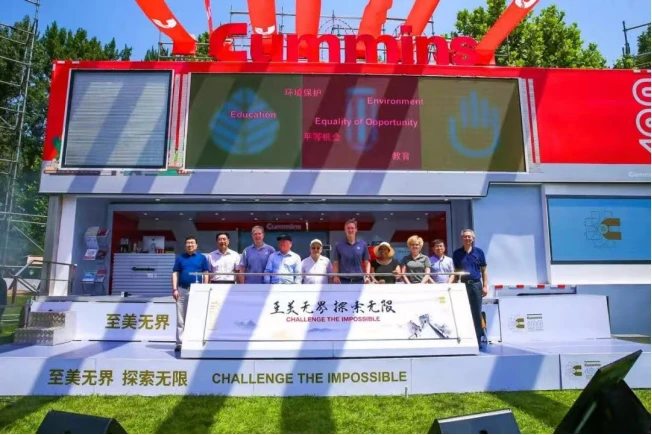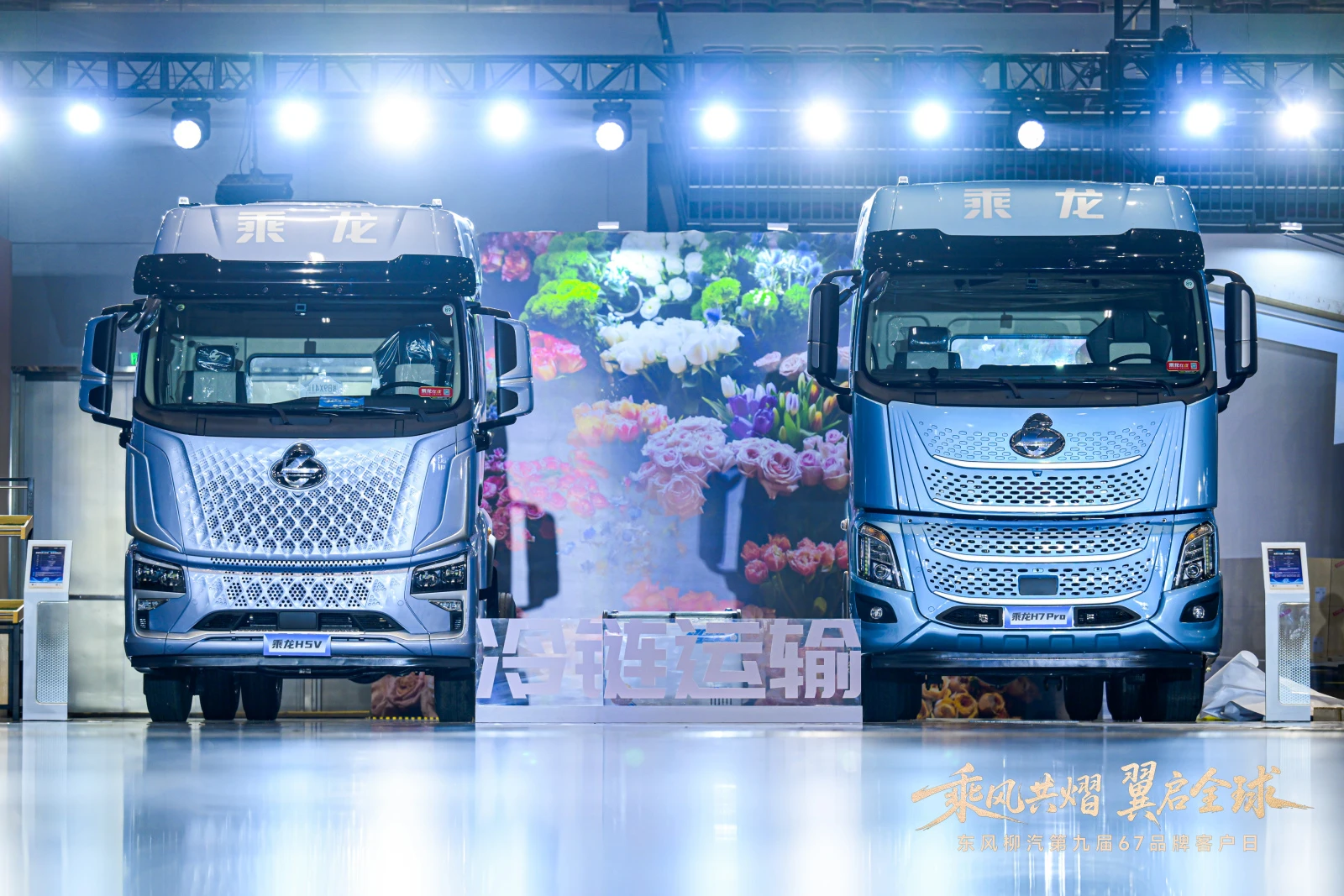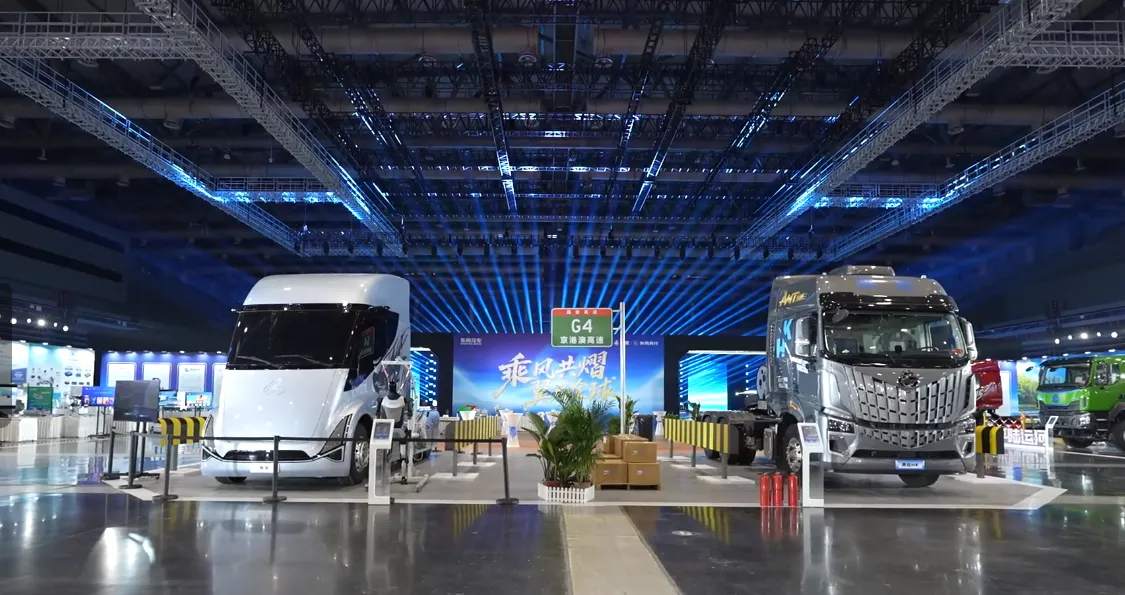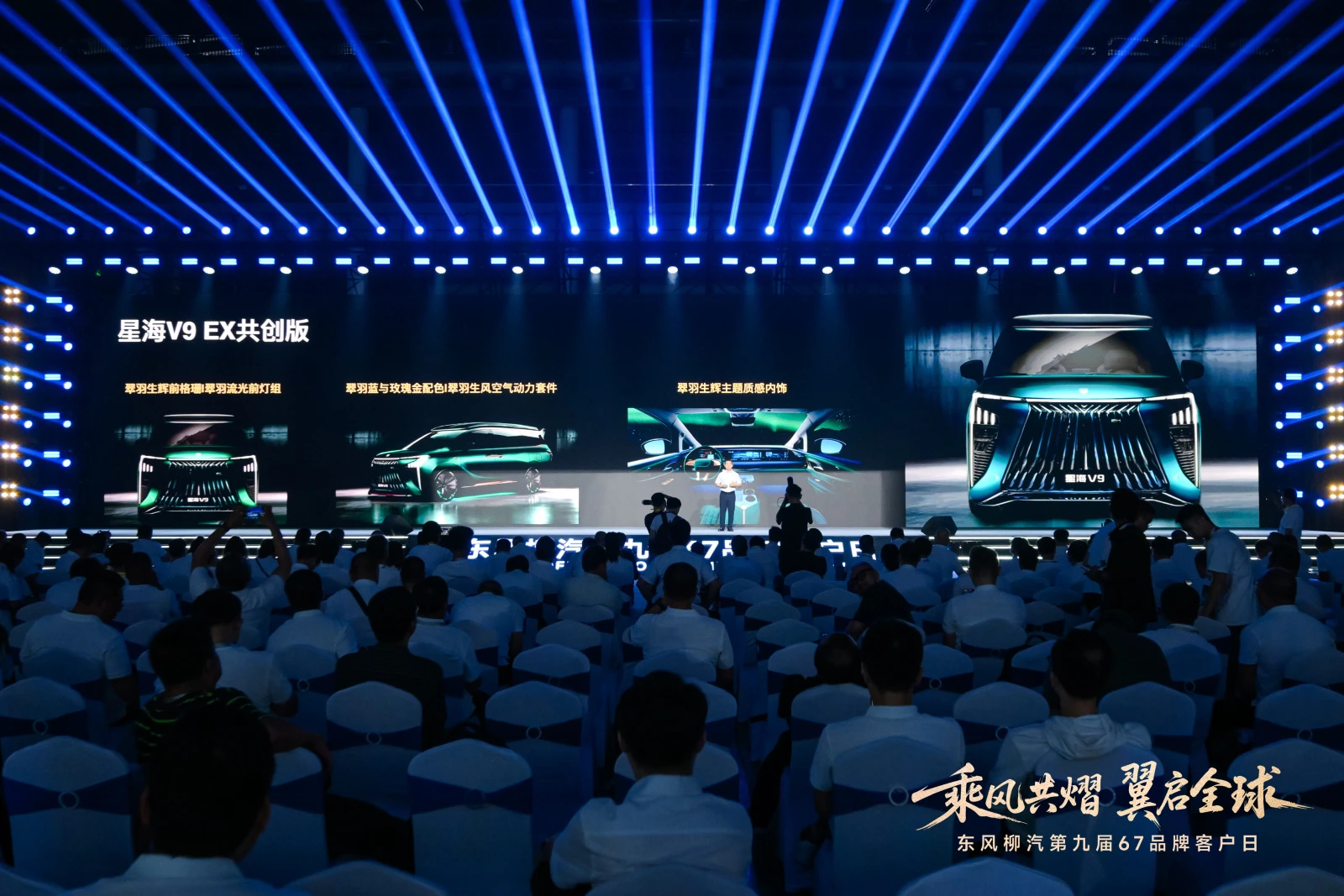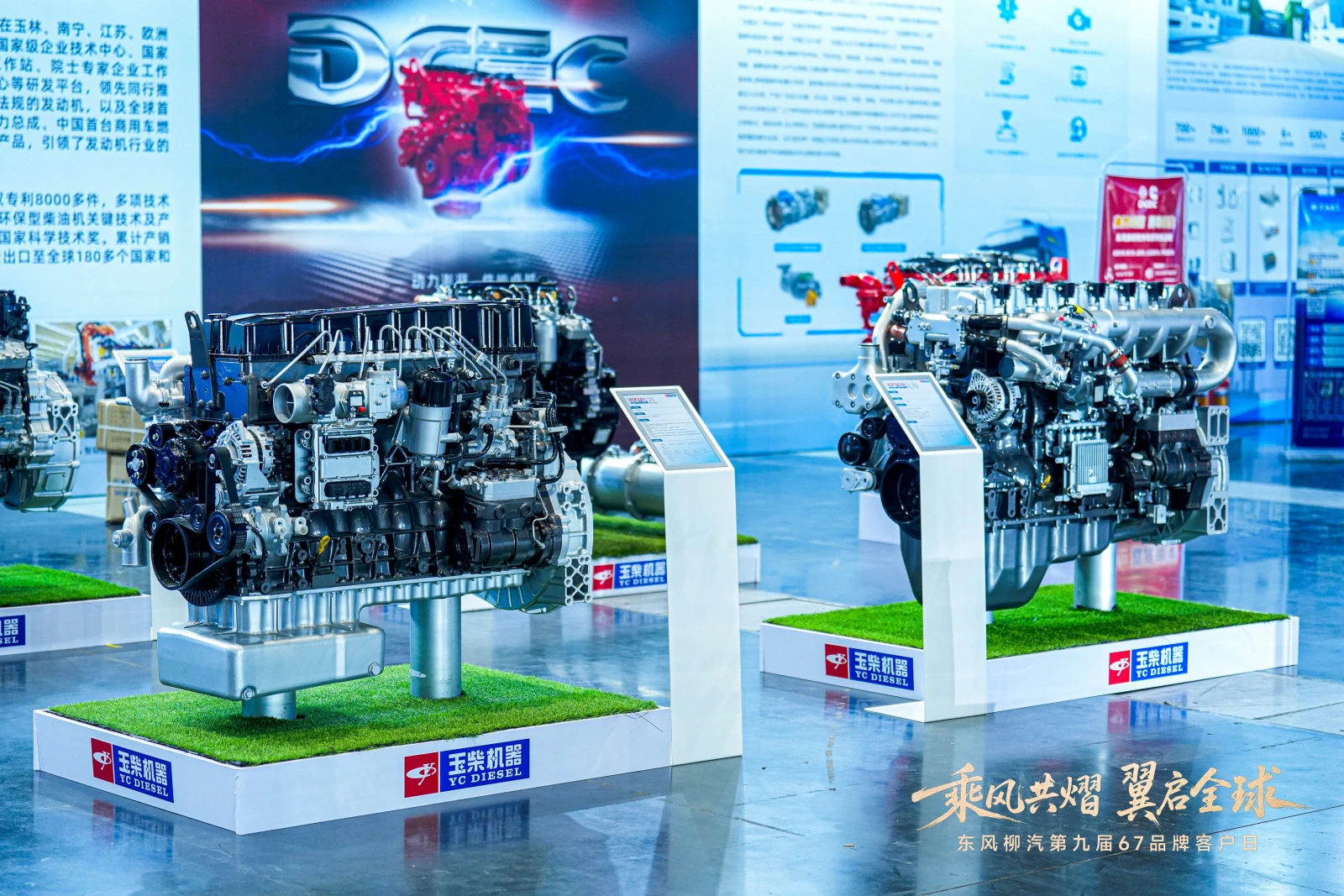Top Global Advertising Agencies Rankings & Leaders
- Global advertising market statistics and growth trajectory
- Technological innovations revolutionizing agency operations
- Head-to-head comparison of top 20 advertising agencies
- Customization frameworks for diverse industry requirements
- Multi-national campaign case studies and results
- Regional powerhouses in the top 100 advertising agencies
- Evaluation criteria for selecting ad agencies in the world

(ad agencies in the world)
The Dynamic Ecosystem of Ad Agencies in the World
Global advertising expenditures reached $880 billion in 2023, a 6.7% year-over-year increase according to Zenith Media's comprehensive industry analysis. This expansion demonstrates the growing influence of ad agencies across all major markets. North America continues to dominate with 38% market share, while APAC regions show exceptional 8.9% compound annual growth. The digital transformation accelerated by pandemic-related shifts accounts for 66% of total ad spend, fundamentally altering service delivery models among premier advertising groups. As consumer attention fragments across 7+ daily media touchpoints, agencies increasingly deploy sophisticated behavioral analytics to cut through noise and drive measurable outcomes for clients worldwide.
Transformative Technologies Shaping Modern Advertising
Leading advertising agencies in world now integrate artificial intelligence throughout campaign lifecycles. Natural language processing algorithms power creative testing platforms capable of predicting ad effectiveness with 92% accuracy before production. Programmatic media ecosystems automatically execute $198 billion in transactions annually using real-time bidding protocols. Blockchain verification has reduced digital ad fraud by 31% according to ANA benchmarks, while cloud collaboration suites support distributed creative teams across 23 time zones. These technologies enable personalized consumer journeys at unprecedented scale – Omnicom's Resolution Media division, for example, manages over 20 million unique ad variations daily for multinational brands.
Global Leaders Comparative Analysis
Performance metrics reveal strategic advantages across specialized service offerings:
| Agency Group | Headquarters | Revenue (Billions) | Market Share | Digital Capability | Crisis Response Index |
|---|---|---|---|---|---|
| WPP | London, UK | $17.9 | 16.3% | 86% | 9.2/10 |
| Omnicom Group | New York, USA | $14.6 | 13.2% | 78% | 8.7/10 |
| Publicis Groupe | Paris, France | $13.1 | 11.9% | 93% | 9.5/10 |
| IPG | New York, USA | $10.3 | 9.3% | 81% | 8.9/10 |
| Dentsu International | Tokyo, Japan | $8.7 | 7.9% | 89% | 8.6/10 |
Publicis leads in enterprise technology integration with its proprietary AI platform Marcel generating 37% operational efficiencies. WPP maintains strongest APAC presence through GroupM's media buying consortium controlling 32% inventory in growth markets.
Bespoke Engagement Frameworks
Top-performing agencies construct dedicated client solution hubs blending specialized expertise: vertical-specific knowledge units (VSKUs) deploy industry-experienced teams achieving 28% higher campaign ROI. For healthcare clients, VMLY&R's pharma division combines regulatory specialists with programmatic targeting to reduce cost-per-conversion by 41% versus standard approaches. Manufacturing category leaders like DDB use predictive churn models integrating IoT data from factory sensors with CRM platforms. These hyper-customized engagements require minimum 18-month commitments with dedicated analytics resources generating weekly performance dashboards tracked against 72 KPIs.
Multi-Market Campaign Excellence
Coca-Cola's "Real Magic" platform orchestrated by WPP demonstrated scalable creativity across 80+ markets. Localized variations maintained 73% campaign recognition consistency while incorporating cultural nuances – Japanese executions featured limited-edition packaging designs achieving 120% sales uplift. Omnicom's resolution for Mercedes-Benz EQS launch developed multi-platform AR experiences showing vehicle schematics through smartphone cameras. The campaign delivered 17% higher engagement than auto category benchmarks with 58% digital configurator usage converting to dealership visits. Measurement integrations verified 89% sales attribution accuracy using blockchain ledger technology tracking consumer journeys across 22 touchpoints.
Emerging Players in Global Advertising
Beyond the top 20 advertising agencies in the world, regional innovators fill critical service gaps. India's Reprise Digital dominates performance marketing with proprietary BharatOS optimizing campaigns for 21 regional dialects. Latin American powerhouse Gut developed "Chipotle Horror" integrating Mexican folklore into 4D cinema ads that drove 17 million organic social shares. These specialists command 39% price premiums for category-specific expertise in emerging markets. MediaSense reports 72% of multinationals now implement hybrid agency rosters pairing holding companies with regional independents to optimize cultural relevance and innovation velocity.
Strategic Selection of Ad Agencies in the World
Optimizing agency partnerships requires multi-dimensional assessment beyond conventional pitch processes. Industry leaders utilize weighted evaluation matrices where technical capabilities account for 50% of selection criteria. The assessment framework includes infrastructure audits quantifying data integration points between client systems and agency platforms. Contract structures increasingly feature performance-based compensation components constituting 30-45% of agency remuneration. As marketing technology stacks evolve, forward-looking advertisers prioritize partners with open API ecosystems that demonstrate 14% faster new-tool implementation cycles compared to proprietary solution vendors.

(ad agencies in the world)
FAQS on ad agencies in the world
Here are 5 HTML-formatted FAQs about global advertising agencies:Q: What defines ad agencies in the world?
A: Global ad agencies develop international campaigns across multiple markets. They combine cultural insight with centralized strategy for brands operating worldwide. Major networks like WPP and Omnicom operate in over 100 countries.
Q: Which are leading advertising agencies in the world?
A: Top global leaders include WPP (London), Omnicom Group (New York), and Publicis Groupe (Paris). These agencies dominate through creative excellence, digital transformation, and multinational client portfolios. They consistently win Cannes Lions and Effie awards.
Q: Which agencies rank in the top 20 advertising agencies globally?
A: The top 20 agencies by revenue feature Dentsu (Tokyo), IPG (New York), and Havas (Paris). Selection criteria include client spend, global footprint, and innovation capabilities. Rankings shift yearly in reports from AdAge and Adweek.
Q: How are the top 100 advertising agencies selected worldwide?
A: Top 100 agencies are ranked by annual revenue and global billings. Firms like Accenture Song (tech-driven) and VMLY&R (creative) regularly appear through performance mergers. Comprehensive lists are published by industry authorities like Campaign and The Drum.
Q: What distinguishes top-tier global advertising agencies?
A: Elite agencies integrate data analytics, cultural localization, and multi-channel expertise. They maintain creative hubs across continents while leveraging proprietary technology. Sustainability and AI-driven solutions now differentiate market leaders.
